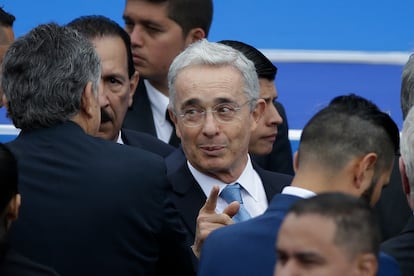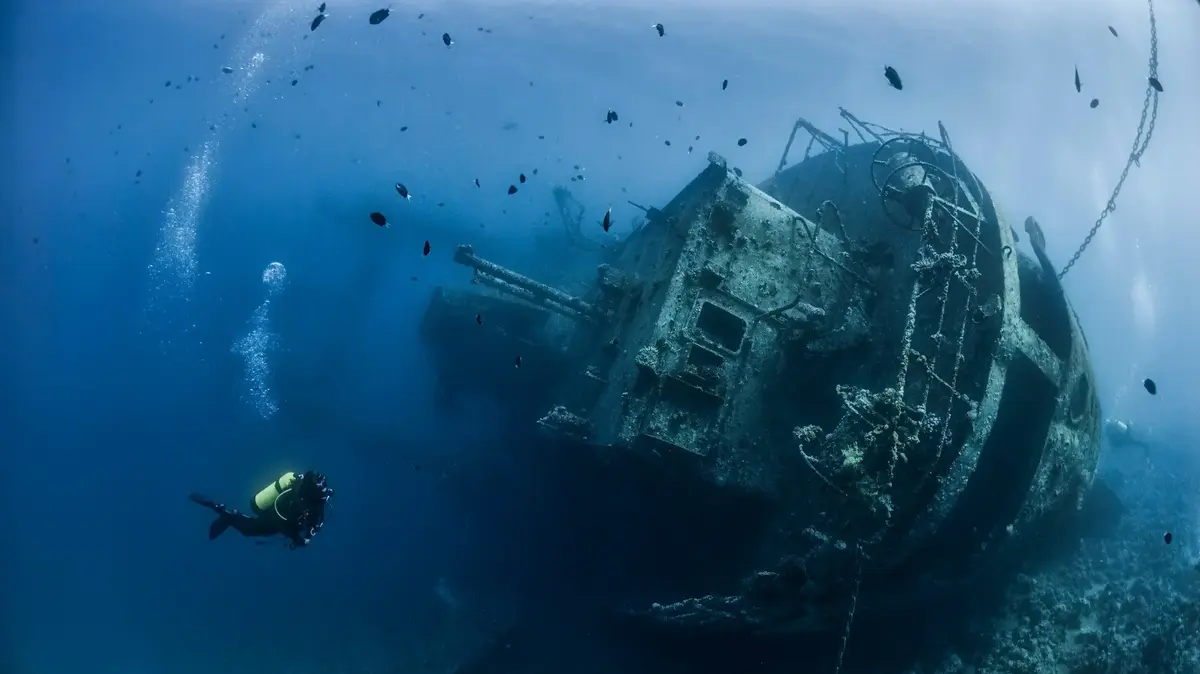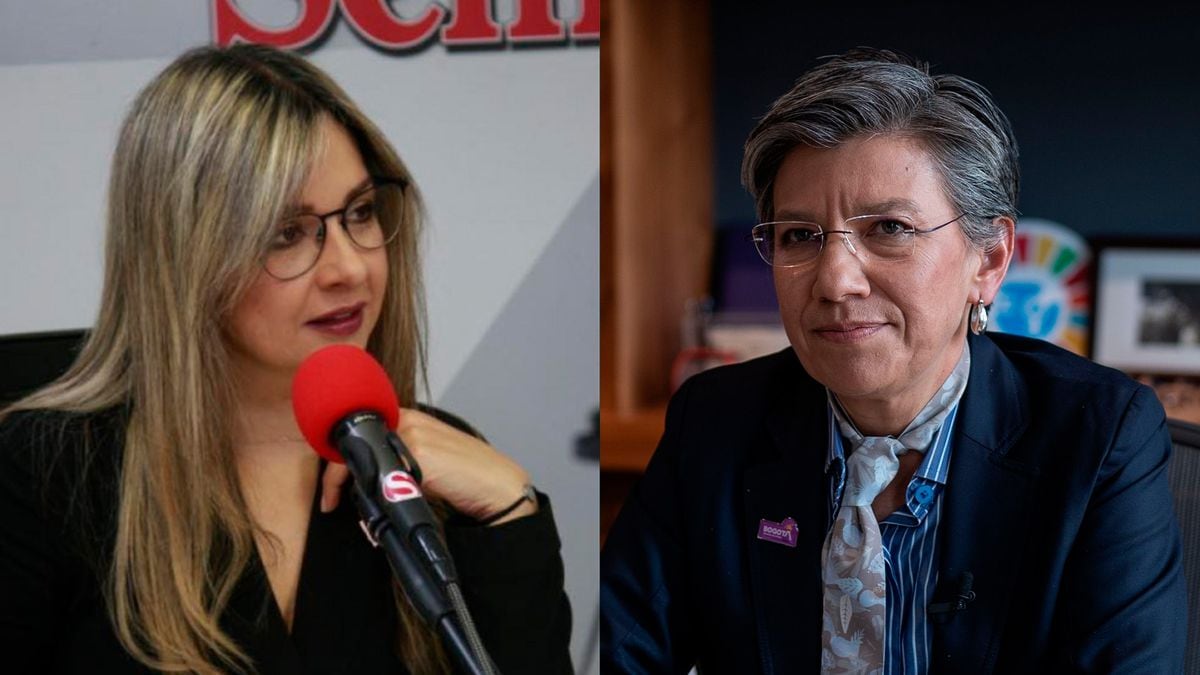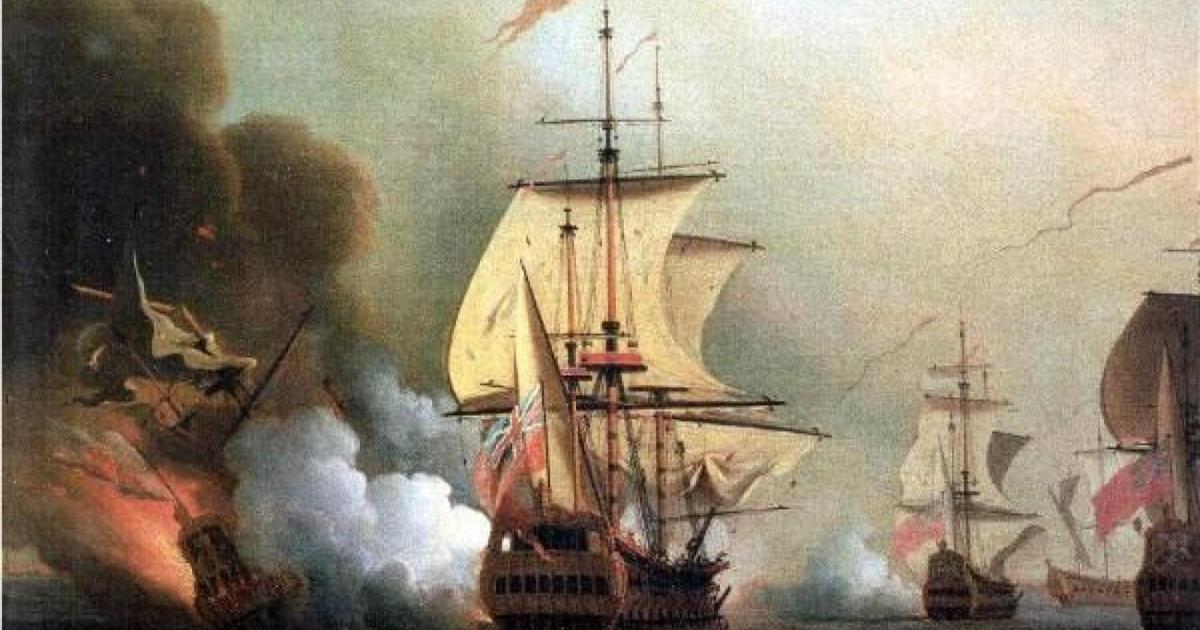Former President Álvaro Uribe VélezFernando Vergara (AP)
The Colombian right is not used to losing elections, and in recent weeks it has lost two in a row.
First, on May 29, the preferred candidate of the traditional conservative field, Fico Gutiérrez, did not achieve his long-awaited passage to the second round.
Later, the anti-establishment figure they joined to prevent the victory of the leftist Gustavo Petro, Rodolfo Hernández, fell to three points and 700,000 votes.
This, despite the fact that its result was not poor in comparative perspective: it managed to bring together 27.2% of the total eligible voters, a level similar to the one that led Duque to the presidency in 2018, and above the drag that it had both the defeated Óscar Iván Zuluaga in 2014 and the victorious “no” in the plebiscite on the peace accords with the FARC two years later.
These four candidacies, compared to each other, express in a certain way the options that the Colombian right has before it, and between which its role of opposition to the new government and future alternative to it in the following electoral processes will move.
Thus, while Óscar Iván Zuluaga embodied a candidacy fitted within the conservative stereotype (order, institutionality, security, family values, economic and business freedom), and with that proposal he lost in a campaign marked by the negotiations that the government was conducting at that time Santos with the then FARC guerrilla, in the 2016 plebiscite that same ideological apparatus was put at the service of a single cause: the questioning of whether the peace agreements were the best for the country and the fairest with its history.
For just 50,000 votes,
that inversion of factors worked, certainly with a lower participation and with a special gap in the Caribbean coast due to the hurricane that left entire municipalities at home.
But only two years later the right would win in that same area of the country: Iván Duque, an option that presented itself as moderate and technocratic.
If we put these three candidacies to compete with that of Rodolfo Hernández to see who got the highest percentage of votes municipality by municipality, we find the essential form of the
territorial
puzzle
faced by the Colombian right-wing: always very dependent on the context of each election, It turns out that the 2018 Duke was the candidacy with a more transversal territorial scope, especially on both coasts, and especially on the north.
Also in Antioquia, heart of the Colombian right of the 21st century around the figure of former president Álvaro Uribe.
But Zuluaga was much more competitive in the center and south of the country, including some areas that touch the Eastern Plains and in the capital: Bogotá normally concentrates around 20%-30% of the votes of any winning candidate for the presidency of Colombia.
Rodolfo Hernández stood out in the Santanderes, his native area, and to a certain extent in the northern and eastern crown of Bogotá.
Lastly, it is interesting to note that the “no” to the plebiscite was competitive in the interior of the Pacific territory, an area particularly hard hit by conflicts between various armed groups.
A hasty assessment of this map as well as of the departmental analyzes could lead to the conclusion that a moderate candidacy oriented towards technical solutions like the one represented by Iván Duque in 2018 was the best option for the Colombian right.
But that argument has been strongly weakened after his four years in office and the low valuation among the citizens of the outgoing government.
The most ideological right has asserted this apparent failure as an argument for a more extreme platform, but the defeat of 'Fico' (who, without belonging to the
ultra wing,
it was a more ideological profile than other alternatives considered until March, such as that of former Bogotá mayor Enrique Peñalosa or Rodolfo himself) in the first round it serves as a counter-argument.
The anti-establishment
option
has not been particularly competitive either, despite the fact that it almost achieved the eleven million votes that would have resulted from the addition of Rodolfo and Fico in the first round.
Thus, none of the drives within the broad and diverse space of rights starts with the advantage of data in the battle that is opening for its domain.
This absence of clear answers will only increase the likelihood that divisions will deepen.
The only lifeline for the union, or the clearest at least, will be the opposition to the incoming government of Gustavo Petro: polarization as a flight forward, at least until the dance of candidates begins again in the face of 2026.














